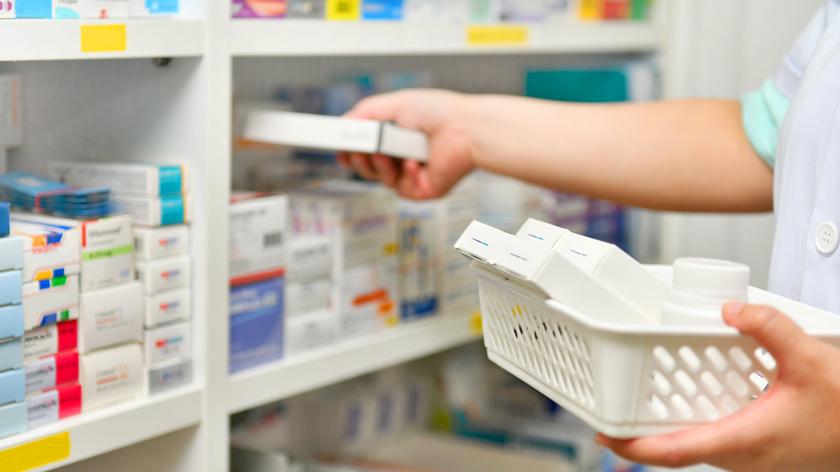England widens pharmacist role to relieve GP pressure

Pharmacies in England will be able to prescribe medicines for seven common conditions without a GP prescription under new proposals intended to relieve the pressure on primary health services.
Pharmacists will also be able to provide a wider range of services, including blood pressure tests for example, as part of a new blueprint that the government claims will improve patient access to front-line care.
The proposal aims to free up 15 million GP appointments over two years, and could be in place by the winter. It will be funded with £645 million ($815 million) taken from the existing Department of Health budget.
People in England suffering from earache, a sore throat, sinusitis, impetigo, shingles, infected insect bites, and uncomplicated urinary tract infections (UTIs) in women will be able to receive prescription medicines without a GP appointment for the first time.
Access to oral contraception will also be more widely available, as women will no longer need to speak to a practice nurse or GP first, said the government in a statement today. Wales and Scotland already have similar schemes in place.
The move comes against a backdrop of a shortage of GPs – numbers have declined by around 4% in five years, while patient population and demand have risen. Meanwhile, data issued last month by the Royal College of GPs (RCGP) suggests that almost five million patients each month in England now wait for more than two weeks for a doctor’s appointment.
The announcement comes alongside other measures to support GPs, including a pledge of £240 million to upgrade practice telephony systems and provide training for staff answering calls – aimed at ending the 8am dial-in competition for appointments that too often results in a request to call back another day.
Patients will also be able to self-refer for some services, including physiotherapy, hearing tests, and podiatry, without seeing their GP first.
The proposals have been welcomed by the Patients Association. Chief executive Rachel Power said the plan “responds to many of the issues we have raised on patients’ behalf over the last few years, and we welcome the changes detailed in it, which will improve patients’ experience of primary care.”
That sentiment was echoed by Thorrun Govind, chair of the Royal Pharmaceutical Society in England, who described the plans as a “game-changer” for patients, which would help “reduce health inequalities, especially in deprived areas where pharmacies are at the heart of their communities.”
A note of caution was sounded, however, by the RCGP. Chair Professor Kamila Hawthorne said the measures are “one part of the jigsaw in improving access,” but that ultimately “the best way to improve access to GP care […] is to increase numbers of fully trained, full-time equivalent GPs through effective recruitment and retention schemes.”













